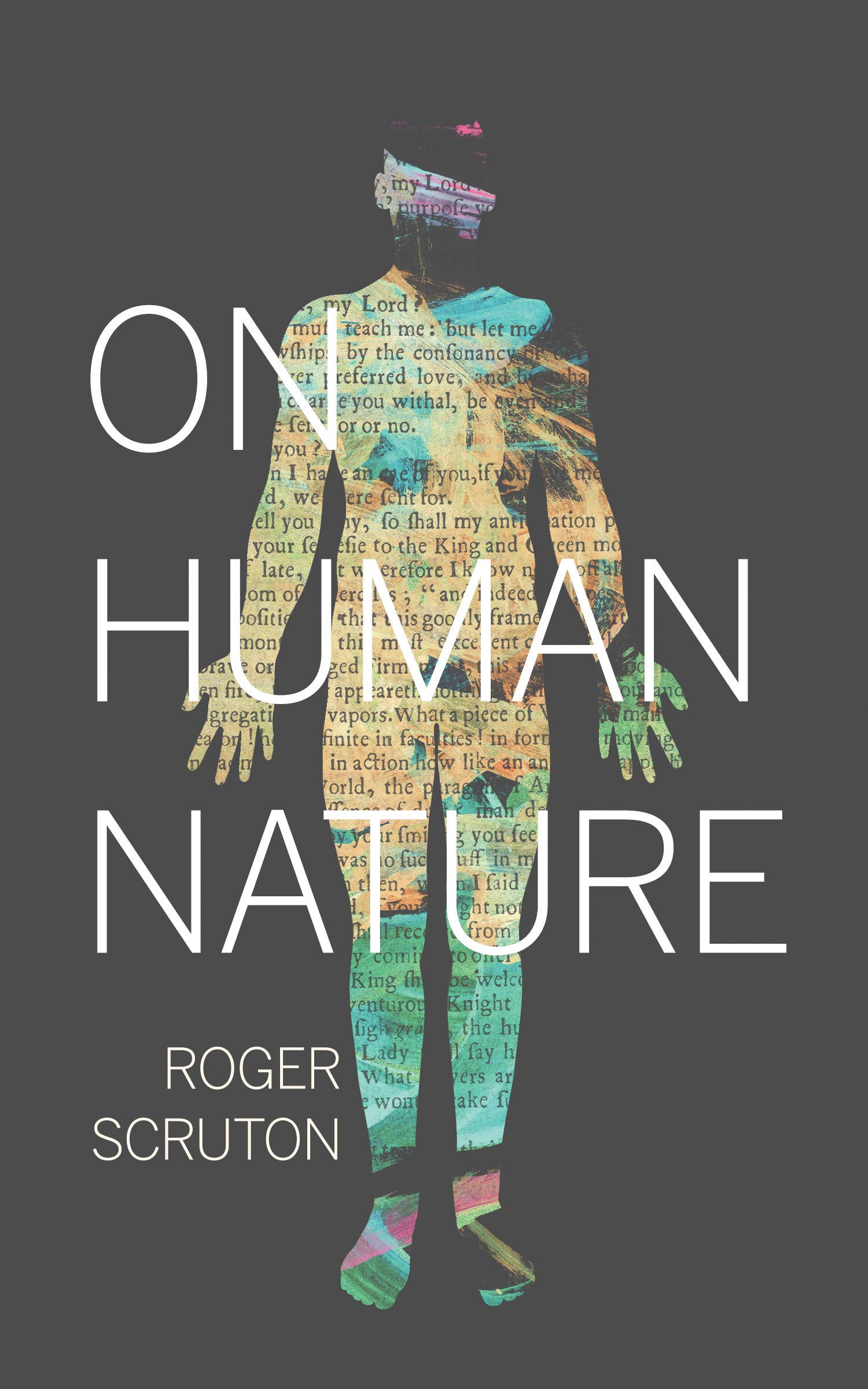Newly released
This book is new and will be uploaded as soon as it becomes available to us and if we secure the necessary publishing rights.

On Human Nature Book PDF
(0)
Author:
Roger ScrutonNumber Of Reads:
60
Language:
English
Category:
Social sciencesSection:
Pages:
159
Quality:
excellent
Views:
1147
Quate
Review
Save
Share
New
Book Description
In this short book, acclaimed writer and philosopher Roger Scruton presents an original and radical defense of human uniqueness. Confronting the views of evolutionary psychologists, utilitarian moralists, and philosophical materialists such as Richard Dawkins and Daniel Dennett, Scruton argues that human beings cannot be understood simply as biological objects. We are not only human animals; we are also persons, in essential relation with other persons, and bound to them by obligations and rights. Our world is a shared world, exhibiting freedom, value, and accountability, and to understand it we must address other people face to face and I to I.
Scruton develops and defends his account of human nature by ranging widely across intellectual history, from Plato and Averroës to Darwin and Wittgenstein. The book begins with Kant's suggestion that we are distinguished by our ability to say "I"--by our sense of ourselves as the centers of self-conscious reflection. This fact is manifested in our emotions, interests, and relations. It is the foundation of the moral sense, as well as of the aesthetic and religious conceptions through which we shape the human world and endow it with meaning. And it lies outside the scope of modern materialist philosophy, even though it is a natural and not a supernatural fact. Ultimately, Scruton offers a new way of understanding how self-consciousness affects the question of how we should live.
The result is a rich view of human nature that challenges some of today's most fashionable ideas about our species.
Roger Scruton
Roger Scruton who has died of lung cancer aged 75, was a philosopher and a controversial public intellectual. Active in the fields of aesthetics, art, music, political philosophy and architecture, both inside and outside the academic world, he dedicated himself to nurturing beauty, “re-enchanting the world” and giving intellectual rigour to conservatism.
He wrote more than 50 books, including perceptive works on Spinoza, Kant, Wittgenstein and the history of philosophy, and four novels, as well as columns on wine, hunting and current affairs, and was a talented pianist and composer.
A member of the traditionalist-conservative Salisbury Group, he helped found the Salisbury Review, which he edited from 1982 to 2001. This quarterly, which was circulated in the Soviet bloc, often in samizdat form, was criticised in Britain for having retrograde attitudes. In 1984 it defended Ray Honeyford, the Bradford headteacher who had disputed the value of multicultural education. Consequent hostility from colleagues prompted Scruton to abandon in 1992 his professorship in aesthetics at what is now Birkbeck, University of London, where he had started as a lecturer in 1971. Though he felt this had scuppered his academic career, in the event it freed him for activities and adventures on a wider stage.
Read More
Book Currently Unavailable
This book is currently unavailable for publication. We obtained it under a Creative Commons license, but the author or publisher has not granted permission to publish it.
Rate Now
5 Stars
4 Stars
3 Stars
2 Stars
1 Stars
On Human Nature Quotes
Top Rated
Latest
Quate
Be the first to leave a quote and earn 10 points
instead of 3
Comments
Be the first to leave a comment and earn 5 points
instead of 3